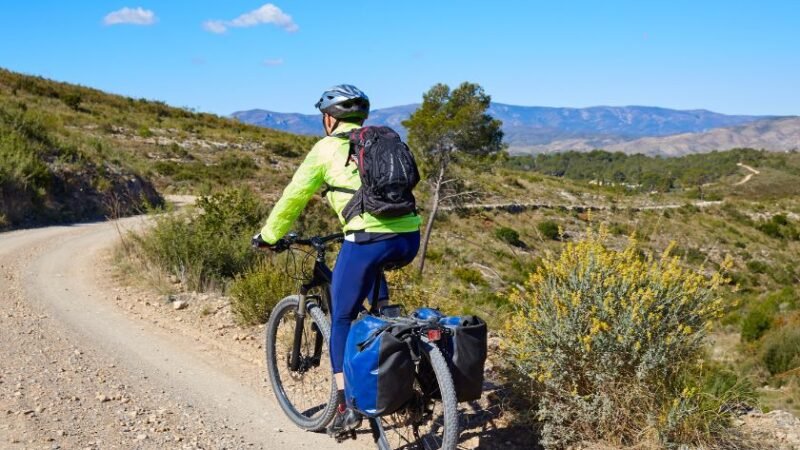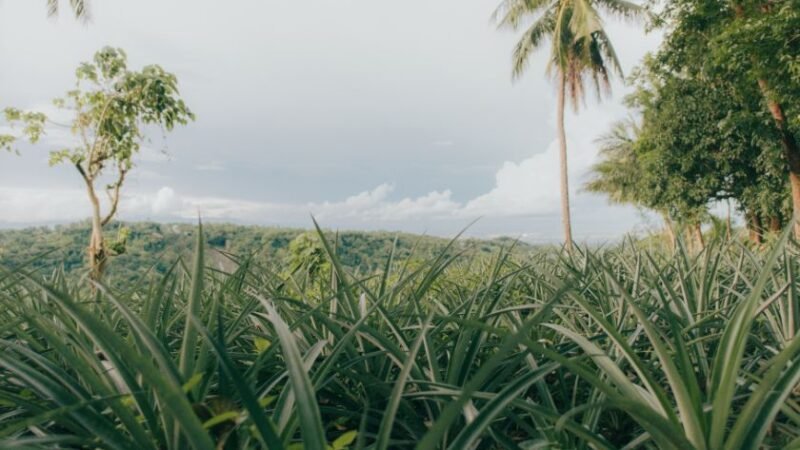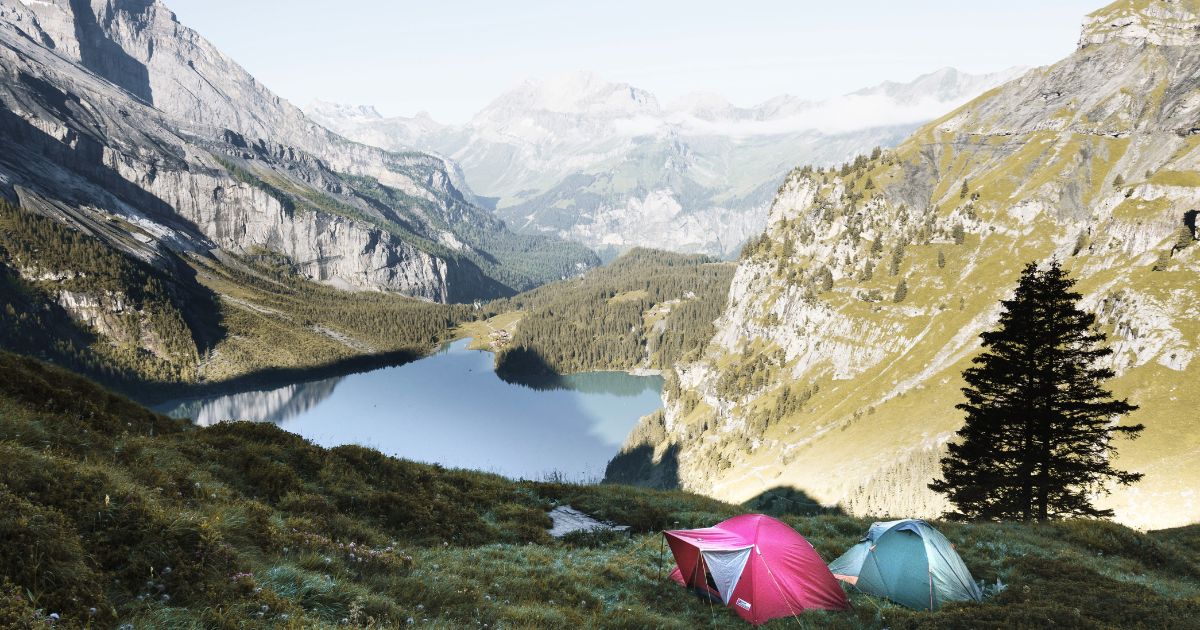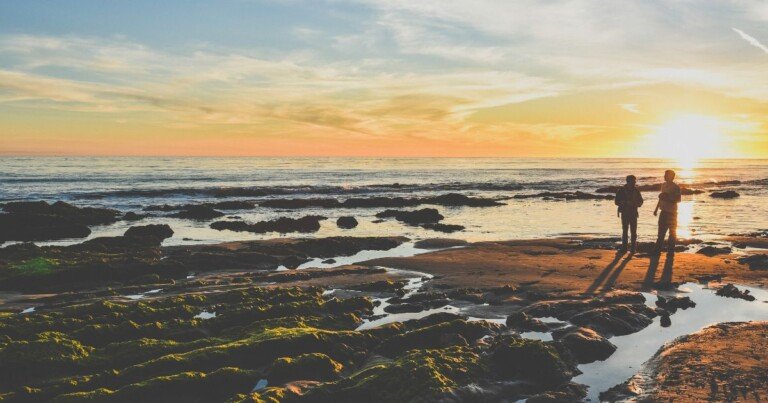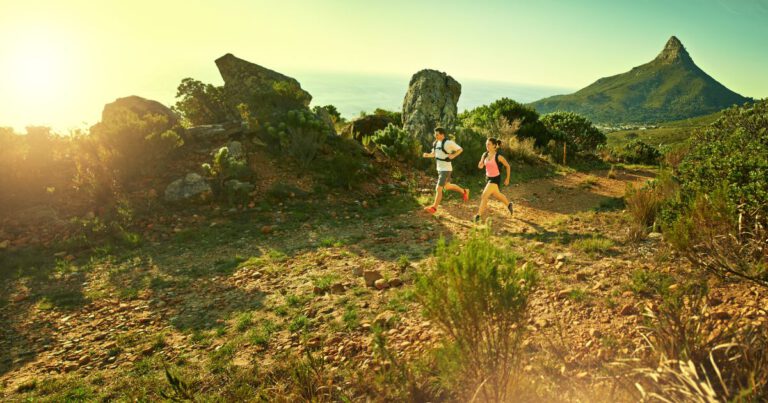What if traveling meant learning to live differently?
Travelling isn't just about changing places. It's also about changing your outlook, your pace and your values. What if every departure were a promise of transformation? In a world in search of meaning, tourism is becoming a laboratory for alternative lifestyles. It invites us to question our habits, to explore other ways of being in the world. To sleep differently, to eat differently, is perhaps to begin to live differently. Travel is no longer an escape, but an immersion. A return to the essential, to slowness, to gratitude. What if we made every journey an experience of joyful reinvention?
Classic tourism: comfort at the expense of the living?
Air-conditioned hotels, abundant buffets, oversized swimming pools: mass tourism often promises comfort, but at what price? Underneath its innocuous exterior, it consumes excessive amounts of water, energy and land. It imports standards that disconnect travelers from reality. This artificial comfort ends up erasing local specificities, generating global standardization. Worse still, it establishes a commercial relationship between host and guest, rather than a genuine bond. Can we still speak of encounters when everything is predictable, calibrated and dehumanized? And what if, by trading a little comfort for more authenticity, we gain in truth?
Sleep differently: local hospitality and a light footprint
Spending a night with a local, under a yurt, in an eco-built guesthouse... is to offer yourself a respite, a parenthesis of meaning. Far from hotel standards, these places tell a story, the story of a land, a family, a commitment. Accommodation becomes part of the experience. It is no longer simply a refuge, but a place of transmission. In these human-scale spaces, we share a meal, a fire, a silence. We learn, we exchange, we anchor ourselves. The comfort is different: it's one of connection, simplicity and sincerity. What if our nights were the cradle of new solidarities?
Eating differently: discover by tasting, respect by cooking
What you eat says everything about a region. The recipes, the flavors, the ways of sharing a meal: everything is culture, everything is a link. When you travel, eating local is an act of gratitude. It means honoring the seasons, ancestral gestures and living products. It also means supporting an agricultural economy with a human face, and rejecting standardized chains. Cooking with the locals, taking part in a harvest, discovering wild plants: these are all ways of anchoring your journey in the reality of living things. The meal then becomes a political act, a celebration of the link between land and culture. What if we learned to travel with our palates as well as our feet?
Change of pace: travel slowly, live fully
Sustainable travel is often a slow journey. Not by constraint, but by choice. Because to slow down is to open the door to presence. To take a train rather than a plane, to walk rather than run, is to allow yourself the luxury of time. It's also about allowing encounters, the unexpected and wonder. By abandoning marathons of sites to tick off, we make room for contemplation. And that's where the essential often emerges. Because traveling slowly is perhaps learning to live intensely. What if the real destination was the journey itself?
Small gestures, big footprints: rethinking our choices
Every action counts. Buying a reusable water bottle, sorting waste, respecting sensitive areas, favoring public transport, supporting local initiatives: these are simple but powerful gestures. The sustainable traveller is not perfect, but aware. They don't seek absolution, but consistency. They know that their choices, however modest, are seeds. When traveling, every detail becomes a message: for nature, for local people, for oneself. What if responsible travel was first and foremost a way of looking at things?
Un art de vivre en chemin: et si l'ailleurs devenait un maître?
Some journeys change us. Not because they show us something new, but because they remind us of what's essential. To live differently is not to adopt ready-made recipes, but to open up to otherness, to listening, to slowness. In this respect, sustainable tourism is not an end, but a path. It teaches us to inhabit the world with more lightness, more respect, more joy. It reminds us that elsewhere is also a mirror: it invites us to become, not to flee. And what if travel were, in the end, a school of life?
→ What new ways of living have you discovered along the way? Share your experiences, inspire others.
